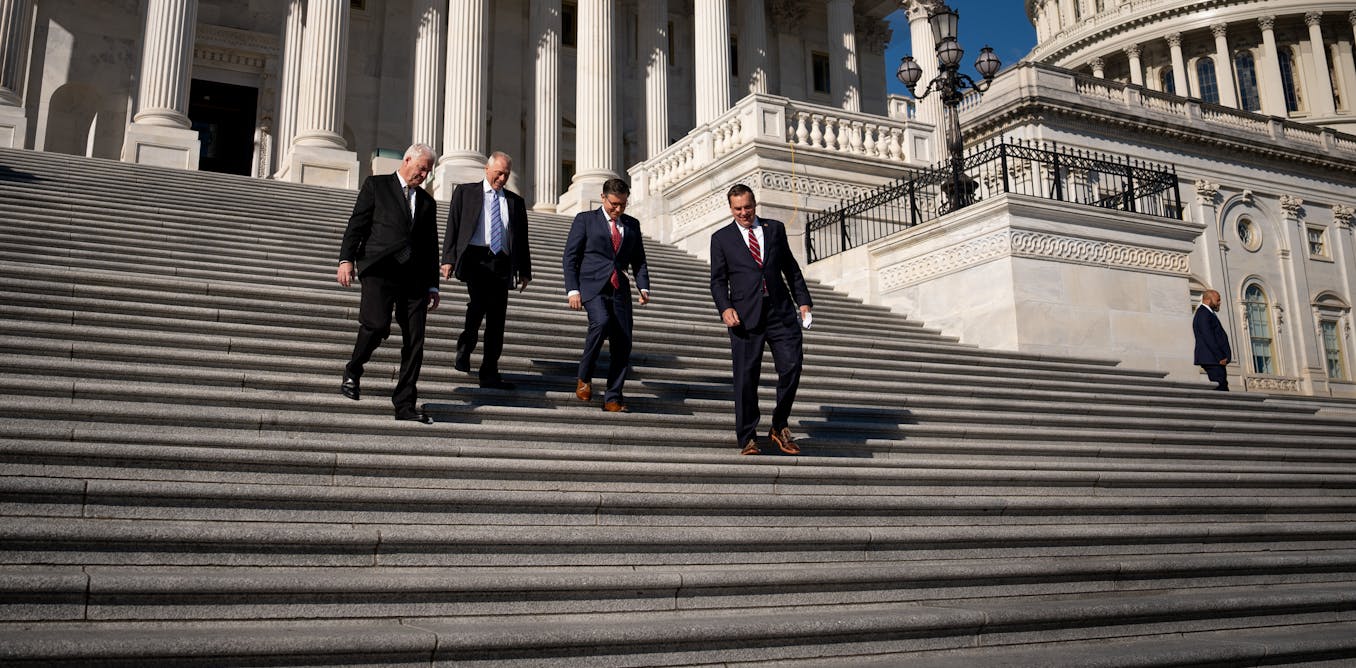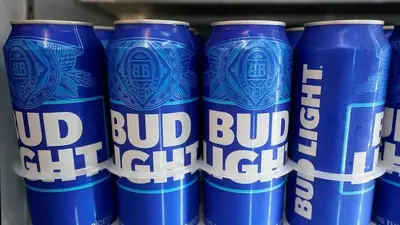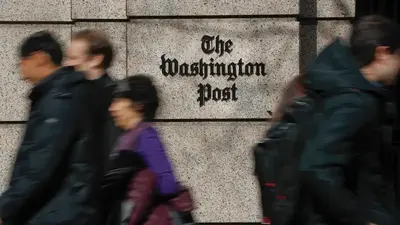Business
American Airlines rides travel boom to $1.3 billion profit in the second quarter as fuel prices drop
DALLAS -- American Airlines reported a $1.34 billion profit for the second quarter, boosted by strong ticket sales and a huge drop in the price of jet fuel, and the airline raised its profit expectations for the year.
Revenue rose 5% to a quarterly record of $14.06 billion. International travel in particular is picking up, and that is helping American, United Airlines and Delta Air Lines.
Thanks to lower fuel prices, the carrier's spending at the pump plunged 32%, saving the American about $1.3 billion compared with a year earlier.
That was partly offset, however, by labor costs that are rising and will soon increase much more rapidly.
Analysts were disappointed in American's forecast that third-quarter revenue per seat will decline about 6% as the airline adds more flights, which could renew concern about the durability of strong consumer demand.
American's shares were down 6% in afternoon trading.
American recently agreed with union negotiators on a new labor contract that would raise pilot pay by more than 41% over four years. A ratification vote among pilots is scheduled to start Monday, but both sides are now renegotiating after pilots at United got a better deal.
CEO Robert Isom said American will match the United contract terms.
The Allied Pilots Association, which represents crews at American, valued the previous deal at $8.3 billion over four years, and improving it to match United will likely bring its cost to about $9.5 billion.
Separately, American’s flight attendants want immediate raises of 35% followed by annual raises of 6%.
“Over time we are going to run a profitable business,” Isom said on a call with analysts and reporters. “Ultimately it will take more revenue to pay for higher costs.”
Isom declined to say directly how much fares might have to rise. He said the airline also expects to generate more revenue from sources such as its frequent-flyer program, which includes a lucrative credit card deal with Barclays.
Other airlines face the same pressure.
“Airlines are doing a lot to reduce their costs,” said Chris Raite, an analyst for business-research firm Third Bridge Group. “You don't check in with a human anymore — it's all kiosks. They are doing a lot more direct booking.”
Those and other tools are helpful, Raite said, “but the overall cost structures from a labor perspective are driving fares us.”
Some industry officials believe that higher wages will help big carriers like American, United and Delta by driving up costs at their low-cost and discount competitors, whose business model is based on keeping costs as low as possible. Wages for pilots in particular have been rising rapidly at smaller airlines to counter labor shortages that left them unable to operate all their flights.
On the travel front, American has reduced its cancellations compared with a miserable summer last year. The airline credits technology that lets planners adjust flight schedules based on factors including weather forecasts at major airports, crew schedules and passenger numbers on each flight.
American said third-quarter earnings would be 85 cents to 95 cents per share, in line with expectations. The airline now expects to earn between $3 and $3.75 per share for the year, up from a previous forecast of $2.50 to $3.50. Analysts have been projecting $3.12 per share, according to a FactSet survey.
For the second quarter, excluding one-time items, American earned $1.92 per share, beating the analysts' consensus of $1.59 per share. Revenue also beat Wall Street's forecast of $13.74 billion.
Isom called it a “fantastic quarter” for Fort Worth, Texas-based American, and said the airline will focus on profitability and improving its balance sheet, which saw an expansion of debt during the pandemic. He trumpeted a two-notch upgrade from credit-rating agency Fitch, to B-plus — one step below the lowest investment-grade rating.
American’s report came one day after https://apnews.com/article/united-airlines-profit-travel-a499c45f793adf7ffb429d245a106055reported a $1.08 billion profit despite nearly 4,000 canceled flights in the second half of June. Many of the cancellations were at United’s busy hub in Newark, New Jersey, and airline leaders initially blamed the Federal Aviation Administration for limiting flights.
On Thursday, Chief Commercial Officer Andrew Nocella said United will drop from a pre-pandemic average of 435 flights a day and 410 this month at Newark to 390 in August.
“We are in constant conversation with the FAA about Newark and its overall ability to handle capacity,” Nocella said. United expects to limit summer operations there “until we can come up with a creative solution to the constraints that we’re all facing there.”
United officials declined to put a dollar figure on the cost of the June cancellations.
Shares of United gained 2% in afternoon trading.
-

 Business2d ago
Business2d agoUS House passes measure that could punish nonprofits Treasury Department decides are ‘terrorist’
-

 Business2d ago
Business2d agoFast fashion may seem cheap, but it’s taking a costly toll on the planet − and on millions of young customers
-

 Business3d ago
Business3d agoNew Information: These HV Big Lots Are Now Staying Open
-

 Business3d ago
Business3d agoBrush Fire Rages On Near Butternut In Great Barrington, MA
-

 Business3d ago
Business3d agoU.S. Antitrust Regulators Seek to Break Up Google, Force Sale of Chrome Browser
-

 Business3d ago
Business3d agoSuccessful White Men Alone Can’t Create America’s Economic Future
-

 Business3d ago
Business3d agoThe Rise of Silent Services
-

 Business4d ago
Business4d agoTim Latimer



























